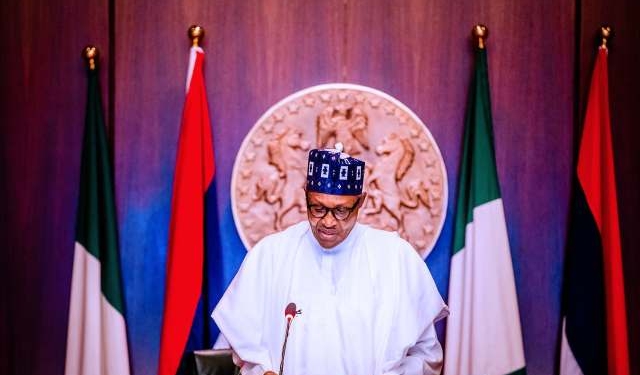The proposed 2020 Finance Bill has made provision for the exemption of tax payment by low income earners in the country.
This was disclosed by President Muhammadu Buhari while speaking at the opening session of the 26th Nigerian Economic Summit Group Conference themed: “Building Partnerships for Resilience”.
The president who was represented by Vice President Yemi Osinbajo at the meeting also stressed that the proposed bill will reduce the impact of inflation on Nigerians.
According to President Muhammadu Buhari, the various economic policies and incentives provided by the proposed bill would ensure the resilience of the Nigerian economy to exogenous shocks.
According to the President, “we are proposing in the new Finance Act that those who earn minimum wage should be exempted from paying income tax.
“These provisions which complement the tax breaks given to small businesses last year will not only further stimulate the economy, but are also a fulfillment of promises made to take steps to help reduce the cost of transportation and the impact of inflation on ordinary Nigerians.”
“Explaining the role of the private sector in building a resilient economy, President Buhari said “this government has always emphasized that the private sector has a key role to play in our efforts to build a more resilient and competitive economy as expressed in the Economic Recovery and Growth Plan.
“Private companies in design, construction, logistics and finance are very much engaged in our infrastructural projects in power and rail as well as road and bridges and the installation of broadband infrastructure which is an essential requirement if Nigeria is to participate actively and benefit from the 4th Industrial Revolution.”
Continuing, the President added, “…it is clear that we must diversify the economy away from dependence on crude oil exports, speed up human capital development and improve on infrastructure. Above all, our economy must be made more resilient to exogenous shocks. It is important for the private sector to play a key role as we work together to identify national priorities and try to influence our future national trajectory.”

